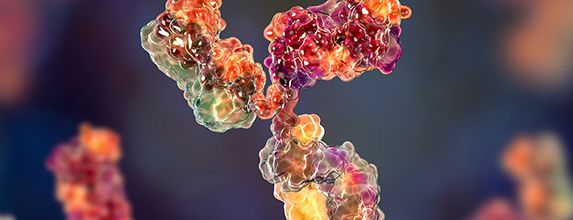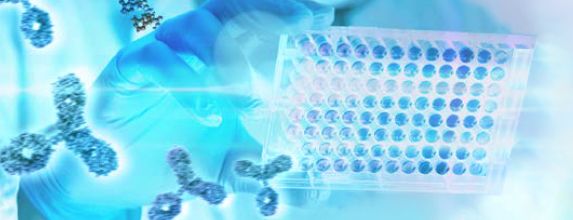Search Thermo Fisher Scientific
Substance P ELISA Kits
ELISA kits are commonly used to measure soluble biomarkers across a variety of research areas. ELISA kits for Substance P can be quantified in various samples, including plasma, serum.
Invitrogen ELISA kits exist in two formats: Uncoated and Coated.... ELISA kits are commonly used to measure soluble biomarkers across a variety of research areas. ELISA kits for Substance P can be quantified in various samples, including plasma, serum.
Invitrogen ELISA kits exist in two formats: Uncoated and Coated. Uncoated ELISA kits... ELISA kits are commonly used to measure soluble biomarkers across a variety of research areas. ELISA kits for Substance P can be quantified in various samples, including plasma, serum.
Invitrogen ELISA kits exist in two formats: Uncoated and Coated. Uncoated ELISA kits include all the necessary reagents to coat your own plates and run your assay with maximum flexibility. Coated ELISA kits...
Invitrogen ELISA kits exist in two formats: Uncoated and Coated.... ELISA kits are commonly used to measure soluble biomarkers across a variety of research areas. ELISA kits for Substance P can be quantified in various samples, including plasma, serum.
Invitrogen ELISA kits exist in two formats: Uncoated and Coated. Uncoated ELISA kits... ELISA kits are commonly used to measure soluble biomarkers across a variety of research areas. ELISA kits for Substance P can be quantified in various samples, including plasma, serum.
Invitrogen ELISA kits exist in two formats: Uncoated and Coated. Uncoated ELISA kits include all the necessary reagents to coat your own plates and run your assay with maximum flexibility. Coated ELISA kits...
Sensitivity 46.88 pg/mL
Assay Range 78.13-5000 pg/mL
Sample Volume
Plasma
50 µL
Serum
50 µL
Time To Result
3 hr 30 min
(1 hr 20 min hands-on)
Price
Cat #EEL013
96 Tests
Not finding what youre looking for? Create Your Own ELISA



Performance Guarantee
If an Invitrogen™ antibody doesn't perform as described on our website or datasheet,we'll replace the product at no cost to you, or provide you with a credit for a future purchase.*
Learn more
We're here to help
Get expert recommendations for common problems or connect directly with an on staff expert for technical assistance related to applications, equipment and general product use.
Contact tech support